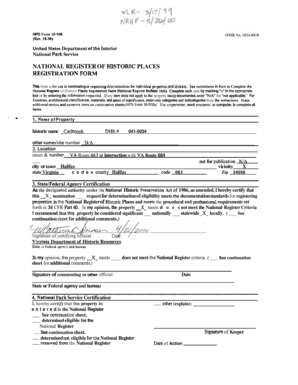

The court’s conclusion was based on the following: Given this law, the court concluded that the taxpayer’s real estate activities were not a trade or business. The commingling of personal and activity funds is not indicative of businesslike practices.

The Court also considers whether the taxpayer maintained books and records for that business. 193, 200 (1963).įactors indicating that the taxpayer conducted real estate activities in a systematic and businesslike manner support a finding that he was engaged in a trade or business. The management of one’s investments, no matter how extensive, is not a “trade or business.” Whipple v. Whether a taxpayer’s activities constitute the carrying on of a trade or business requires an examination of the facts and circumstances of each case. “A sporadic activity, a hobby, or an amusement diversion does not qualify.” Id. To be engaged in a trade or business, “the taxpayer must be involved in the activity with continuity and regularity and * * * the taxpayer’s primary purpose for engaging in the activity must be for income or profit.” Commissioner v.
IRS BUSINESS TRAVEL DOCS WHEN BUYING REAL ESTATE CODE
The Code does not define the term “trade or business”. Tax Court asserting that his capital gains were actually fully allowable as ordinary losses. The losses were subject to the capital loss limitation rules.Īfter audit, the taxpayer filed a petition with the U.S. The taxpayer’s 2008 tax return reported the sale of his real estate as capital losses on Sch. The taxpayer’s friend moved to Texas in 2008 and, after 2008, the taxpayer abandoned his real estate activities. The entities got involved in six real estate purchases, with the intent of purchasing the properties, remodeling them, and selling them. The taxpayer and his friend established two real estate entities, which had their own checking accounts but no employees. The taxpayer received five certificates from the Certified Commercial Investment Member (CCIM) Institute for completing real estate courses. They joined the local real estate group and would occasionally attend the monthly meetings. They eventually purchased a condo, renovated it and sold it. After graduating from law school, the taxpayer and his friend attended real estate classes. The facts and procedural history are as follows: The taxpayer is a lawyer.


 0 kommentar(er)
0 kommentar(er)
